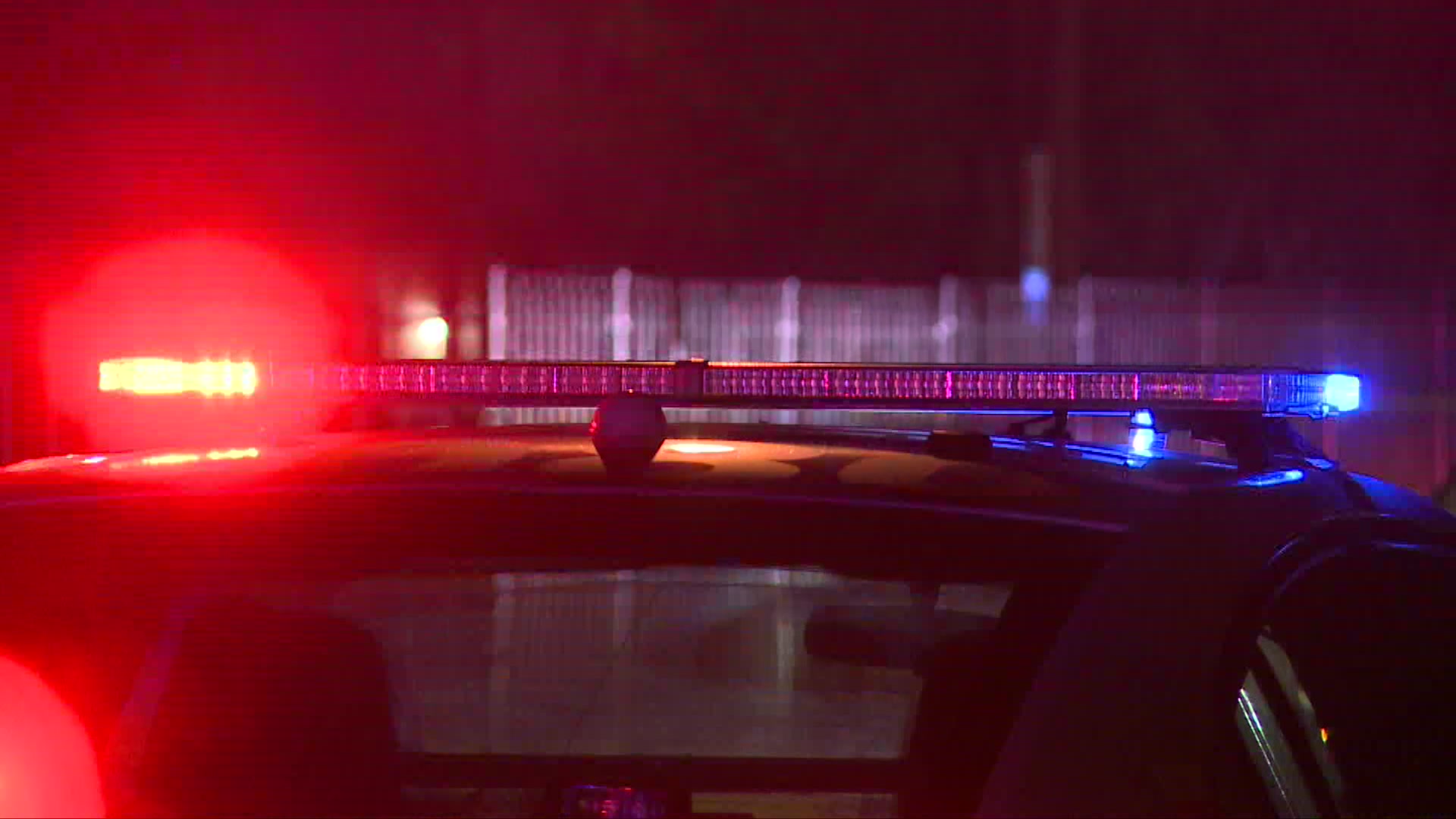After suffering a political defeat as Illinois “Fair Tax Amendment” was rejected by voters on Tuesday, Gov. J.B. Pritzker laid out some of the “painful” steps the state may have to take in order to move forward from that loss.
Pritzker, a vocal and financial backer of the measure that would have allowed the state to institute higher tax rates on taxpayers with higher incomes, spoke to the media Wednesday in Chicago and criticized opponents of the bill who he had used disinformation to help sink the measure.
“There will be cuts, and they will be painful,” he said. “And the worst thing is the same billionaires who lied about the fair tax are more than happy to hurt our public schools, shake the foundations of our cities, and to diminish our state, maybe because they think it won’t hurt them.”
While Pritzker has hinted in the past that across-the-board tax increases would potentially be on the horizon if the “Fair Tax Amendment” failed, he focused instead on the structural change that will be necessary in the months and years ahead.
“What I’m focused on is the long-term fiscal health of the state,” he said. “We have to address this. It’s the most important thing we can do, to stabilize our state. We’re going to have to look at deep and painful cuts because of what the billionaires and special interests have done to our state.”
Pritzker pointed to several moves that his administration has made to try to make in-roads in paying down the state’s debt, including the repayment of more than $1 billion in late bills over his first year in office. His office also reduced late payment penalties by $850 million a year.
“We’ve been reducing waste and inefficiency from day one, because the problem of the state’s finances has to be addressed from every angle,” he said.
Local
While Pritzker said that budget cuts aren’t his preferred method of dealing with the state’s budget woes, he said that the removal of a progressive tax from his list of options could end up leading in that direction.
He did, however, say that education cuts are very unlikely, citing the high return on investment that education funding provides, and the fact that Illinois already has one of the lowest percentages of state investment in education in the country.
“Illinois has had the lowest percentage of state funding for education in the nation, increasing the gaps between schools in low-wealth, high poverty areas and those with abundant resources. And local school districts raised property taxes to make up for the state’s failure,” he said.
Pritzker also said that he will not consider any measures that go after the income of retirees, saying that he stands squarely against any such move.
“I’m going to continue to fight for working families,” Pritzker said. “I’m going to make sure that we pay the pensions that are owed to people, and I will stand four-square against any tax on retirement.”
In the end, Pritzker says that decisions on the state’s path forward will have to come “expeditiously,” saying that he remains optimistic about the future of the state’s finances, even after the defeat of one of his signature initiatives.
“We will get through all of this together, and when you feel yourself losing a bit of hope, I’m always here to offer you some of mine,” Pritzker said. “I know the strong character of this state and its people, and for two centuries, it’s something we’ve always been able to count on, through thick and thin.”



